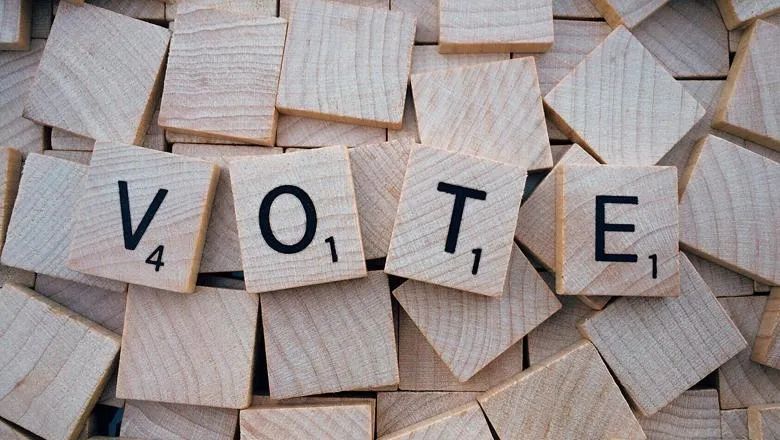We have a great opportunity to find out what messages and methods actually work in getting people who are difficult to reach via more traditional means to register to vote to enable full participation of everyone in politics.
Professor Peter John
03 February 2020
Trials to test whether social media can encourage more people to vote
Could social media and text messages get more people to the ballot box?

A group of researchers are aiming to find out just that as part of a series of trials focused on how to encourage more people to register and vote this May.
Professor Peter John, from King’s College London (KCL), is part of a team that will be conducting the trials in an effort to increase the number of people from groups with a history of low voter turnout to engage with the upcoming local elections.
Also leading the project – known as Register to Vote 2020 – will be Dr Florian Foos, assistant professor at the London School of Economics and Political Science (LSE), and the research team is completed by PhD students Asli Unan (KCL), Vanessa Cheng-Matsuno (LSE), and MA student Theresa Bischof (LSE).
Prof John said: “We have a great opportunity to find out what messages and methods actually work in getting people who are difficult to reach via more traditional means to register to vote to enable full participation of everyone in politics.”
The research project, funded by the Joseph Rowntree Reform Trust as part of its UK Democracy Fund, will be focusing on private renters, young people, and BAME communities. People living in about 1,600 postcode sectors will form part of the initial trial.
People from these groups will be encouraged to register to vote in the period before the May elections and researchers will then follow up to see if they turn out to vote when mobilised.
The project aims to find out whether the use of messages and adverts sent via social media channels such as Snapchat and Instagram are effective, ultimately, in getting people to vote. The researchers are working with local councils to help deliver the project, which is already up and running.
Prof John, a professor of public policy in the School of Politics and Economics, added: “Even a small percentage point change in the number voting will be valuable because that can be scaled up.”

